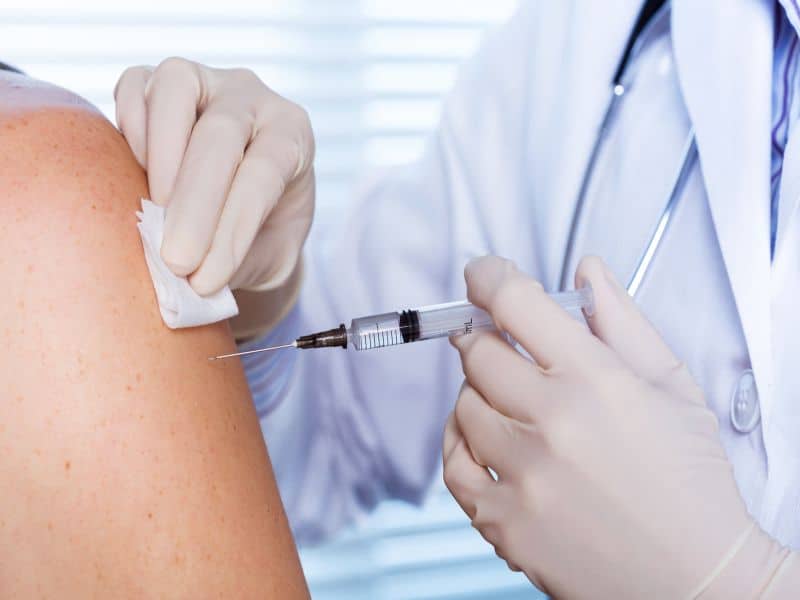The following is a summary of “Comparison of anti-spike IgG, anti-spike IgA levels and neutralizing antibody activity induced by CoronaVac and BNT162b2 vaccines in patients with inflammatory rheumatic diseases receiving immunosuppressive therapy,” published in the July 2023 issue of Rheumatology by Cosan et al.
Researchers aimed to examine two vaccines, CoronaVac and BNT162b2, in patients who were on immunosuppressive (IS) medication to see how well they produce antibodies such as anti-Spike IgG, anti-Spike IgA, and neutralizing antibody (NAb) against the virus. These antibodies’ activities were investigated. The two vaccines have different efficacy rates against symptomatic COVID-19, ranging from 46.8% to 95%.
A total of 441 volunteers were enrolled in this retrospective study, of which 104 were IS patients and 263 were healthy control (HC) who had taken two doses of CoronaVac or BNT162b2. The rest 74 were unvaccinated and had a history of SARS-CoV-2 infection.
Participants with the BNT162b2 vaccine generated a stronger immune response than CoronaVac, But in IS groups, it was less than HC (CoronaVac-IS: 79.3%, CoronaVac-HC: 96.5%, p < 0.001; BNT162b2-IS: 91.3%, BNT162b2-HC: 100%, p = 0.005). Further, anti-Spike IgG levels were substantially less with CoronaVac as compared to BNT162b2 (CoronaVac-IS: 234.5AU/mL, CoronaVac-HC: 457.85AU/mL; BNT162b2-IS: 5311.2AU/mL, BNT162b2-HC: 8842.8AU/mL). However, NAb activity was noticeably elevated in the BNT162b2 group. The connection between NAb and anti-Spike IgG levels was observed. IS group demonstrated a substantially lower immune response to the vaccine when using rituximab. At last, IgA levels were significantly low with coronaVac.
The study concluded that despite immunosuppressed patients showing lower immunogenicity, both vaccines elicited acceptable responses. BNT162b2 resulted in significantly higher levels of anti-Spike IgG, IgA, and neutralizing antibodies.
Source: bmcrheumatol.biomedcentral.com/articles/10.1186/s41927-023-00342-x







